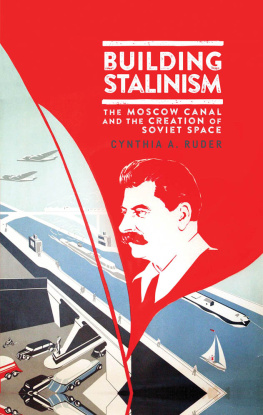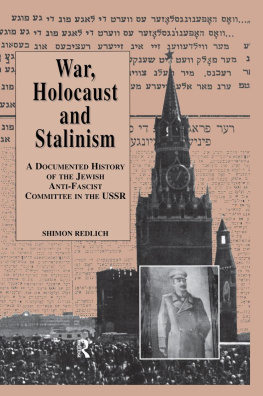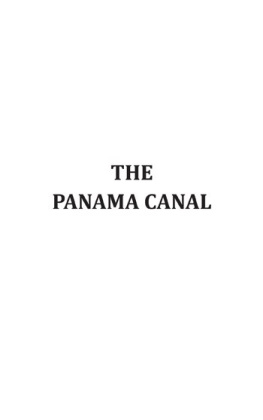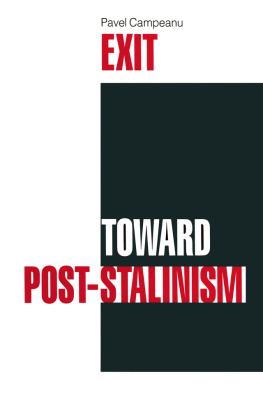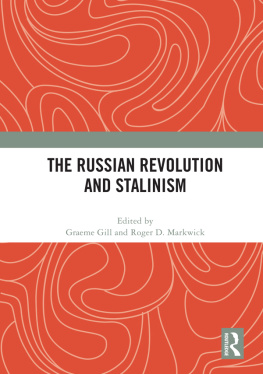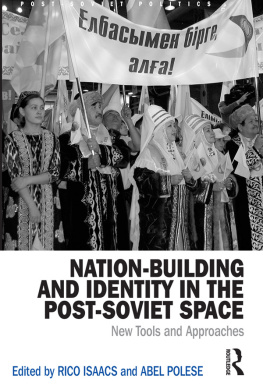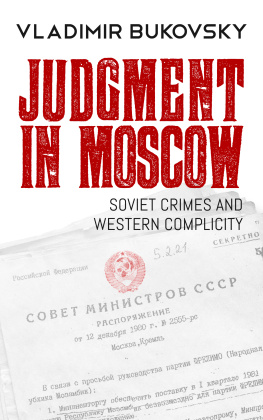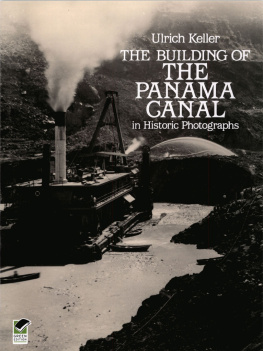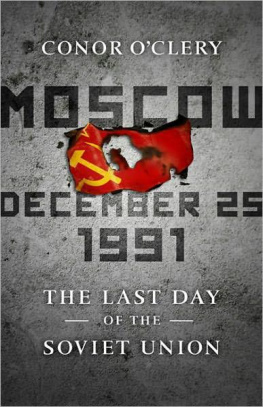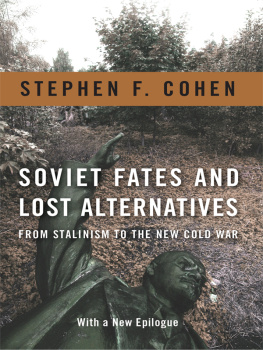Cynthia Ruder - Building Stalinism: The Moscow Canal and the Creation of Soviet Space
Here you can read online Cynthia Ruder - Building Stalinism: The Moscow Canal and the Creation of Soviet Space full text of the book (entire story) in english for free. Download pdf and epub, get meaning, cover and reviews about this ebook. year: 2018, publisher: I.B. Tauris, genre: Religion. Description of the work, (preface) as well as reviews are available. Best literature library LitArk.com created for fans of good reading and offers a wide selection of genres:
Romance novel
Science fiction
Adventure
Detective
Science
History
Home and family
Prose
Art
Politics
Computer
Non-fiction
Religion
Business
Children
Humor
Choose a favorite category and find really read worthwhile books. Enjoy immersion in the world of imagination, feel the emotions of the characters or learn something new for yourself, make an fascinating discovery.
- Book:Building Stalinism: The Moscow Canal and the Creation of Soviet Space
- Author:
- Publisher:I.B. Tauris
- Genre:
- Year:2018
- Rating:3 / 5
- Favourites:Add to favourites
- Your mark:
- 60
- 1
- 2
- 3
- 4
- 5
Building Stalinism: The Moscow Canal and the Creation of Soviet Space: summary, description and annotation
We offer to read an annotation, description, summary or preface (depends on what the author of the book "Building Stalinism: The Moscow Canal and the Creation of Soviet Space" wrote himself). If you haven't found the necessary information about the book — write in the comments, we will try to find it.
Cynthia Ruder: author's other books
Who wrote Building Stalinism: The Moscow Canal and the Creation of Soviet Space? Find out the surname, the name of the author of the book and a list of all author's works by series.
Building Stalinism: The Moscow Canal and the Creation of Soviet Space — read online for free the complete book (whole text) full work
Below is the text of the book, divided by pages. System saving the place of the last page read, allows you to conveniently read the book "Building Stalinism: The Moscow Canal and the Creation of Soviet Space" online for free, without having to search again every time where you left off. Put a bookmark, and you can go to the page where you finished reading at any time.
Font size:
Interval:
Bookmark:
The history of a canal-building project might be thought in some quarters as an unpromising subject for a good read, but it is some years since I have found myself so drawn into a book as I was reading Building Stalinism: The Moscow Canal and the Creation of Soviet Space. In five meticulously researched and elegantly crafted chapters, Cynthia Ruder excavates the multiple layers of meaning embedded in the landscape of the MoscowVolga canal. The canal was the centerpiece engineering project of the second five-year plan that transformed Moscow into a port of five seas and supplied the city with water and electricity, but did so at the cost of tens of thousands of lives of Gulag victims. This book is not a conventional history of a Gulag camp (although the discussion of Dmitlag is a valuable addition to the literature) because throughout, it is the canal and the water in it that is center stage. The originality of the book is in its combination of different conceptions of space representational, discursive and socio-political to reveal the role that the canal played in securing Moscow as the very epicenter of the USSR's mythic landscape. It does this by taking the reader on a journey along the canal, with pauses to explain how the natural environment was reworked in a particular place or to give a detailed history of an architectural monument, loch or statue, or to note the place where bones were uncovered by a twenty-first-century digger. And we learn also of the music, writing and art and other cultural productions that told the canals story from the point of view of the people who built it. Much of the book is about memory and it is obvious that Cynthia Ruder cares very deeply that the canals origins in one of the harshest camps of the Gulag will not be forgotten under the new layer of meanings associated with the elite homes and yacht clubs that now line its banks. This thought-provoking and moving historical-geography will help guarantee that this will not happen.
President, British Association for Slavonic and
East European Studies (BASEES)
Princeton University
Texas A&M University and editor of Gulag Studies

Font size:
Interval:
Bookmark:
Similar books «Building Stalinism: The Moscow Canal and the Creation of Soviet Space»
Look at similar books to Building Stalinism: The Moscow Canal and the Creation of Soviet Space. We have selected literature similar in name and meaning in the hope of providing readers with more options to find new, interesting, not yet read works.
Discussion, reviews of the book Building Stalinism: The Moscow Canal and the Creation of Soviet Space and just readers' own opinions. Leave your comments, write what you think about the work, its meaning or the main characters. Specify what exactly you liked and what you didn't like, and why you think so.

